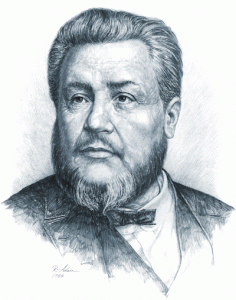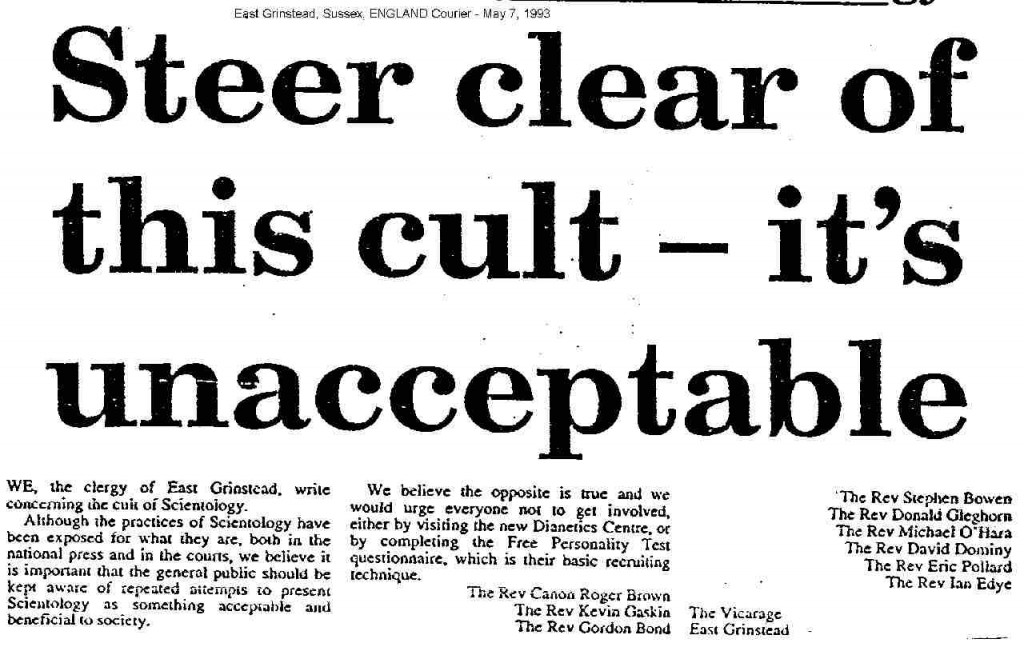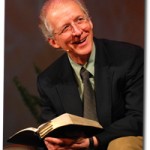 And the Pharisees and the scribes asked him, “Why do your disciples not walk according to the tradition of the elders, but eat with defiled hands?” And he said to them, “Well did Isaiah prophesy of you hypocrites, as it is written, “‘This people honors me with their lips, but their heart is far from me; in vain do they worship me, teaching as doctrines the commandments of men.’ You leave the commandment of God and hold to the tradition of men.” Mark 7:5-8
And the Pharisees and the scribes asked him, “Why do your disciples not walk according to the tradition of the elders, but eat with defiled hands?” And he said to them, “Well did Isaiah prophesy of you hypocrites, as it is written, “‘This people honors me with their lips, but their heart is far from me; in vain do they worship me, teaching as doctrines the commandments of men.’ You leave the commandment of God and hold to the tradition of men.” Mark 7:5-8
Scotty Smith writes out a prayer – one that I am praying myself:
“Dear Jesus, we tremble at the thought of you speaking these words to us. What could be more sobering and painful than to hear you say, “You talk about me a lot—using multiple Scriptures and well crafted theological language. You’re quick to recognize and correct false teaching, and you’re quite zealous to apply what you know to others. But your heart is far from me.”
It would be one thing to garner such a rebuke for mimicking the worse Pharisees and the Galatian Judaizers (Gal. 2:11-21)—putting people under the yoke of performance-based spirituality, and failing to acknowledge your work as the sole and sufficient basis for our salvation. But it would be an altogether different thing to be chided for being a gospel snob and scribe. Have mercy on us, Jesus, have mercy on me.
Forgive us when our love for the truth of the gospel and the doctrines of grace is more obvious than our love for you… as impossible as that may seem.
Forgive us when we enjoy exposing legalistic, pragmatic and moralistic teaching more than we crave spending time with you in fellowship and prayer.
Forgive us when we invest great energy in defending the imputation of your righteousness but have very little concern for the impartation of your transforming life.
Forgive us when we are quick to tell people what obedience is not, but fail to demonstrate what the obedience of faith actually is.
Forgive us when we call ourselves “recovering Pharisees” or “recovering legalists,” but in reality, we’re not really recovering from anything.
Forgive us when talk more about “getting the gospel” than we’re actually “gotten” by the gospel.
Forgive us for being just as arrogant about grace theology as we were obnoxious about legalistic theology.
Forgive us when our multiplied uses of the word “gospel” in our conversations does not translate into multiplied evidences of the power of the gospel in our lives.
Forgive us when we don’t use our gospel freedom to serve one another in love, but rather use it to put our consciences to sleep.
Forgive us for creating gospel-fraternities and gospel-posses which taste to outsiders like ingrown tribes or “clubish” elitism.
Forgive us for having a PhD in the indicatives yet only a kindergarten certificate in the imperatives of the gospel.
Forgive us when our passion for the gospel does not translate into a passion for holiness and world evangelism, and caring for widows and orphans.
Lord Jesus, with convicted and humbled hearts, we ask you to change us, by your grace and for your glory. So very Amen, we pray, in your magnificent and merciful name.”

 WARNING: Powerful, potent, hypocrisy crushing, non-politically correct insight from the pen (or keyboard) of
WARNING: Powerful, potent, hypocrisy crushing, non-politically correct insight from the pen (or keyboard) of  Those who object to the accuracy of the man’s profession then had better embrace a more robust ecclesiology than we are used to in our day. Without a body of elders who know you, who are in authority over you, how is your profession any better than this man’s? The loosey-goosey I-have-a-love-for-Jesus-in-my-heart, why should I need to join a church is a-historical, unbiblical and rebellious. If you cannot name the elders who will have to give answer for your soul (see Hebrews 13:17 and I Peter 5:7) then why would anyone feel compelled to accept your profession? Is a “Christian” who will accept no authority, in principle, any worse than a “Christian” who commits mass murder?
Those who object to the accuracy of the man’s profession then had better embrace a more robust ecclesiology than we are used to in our day. Without a body of elders who know you, who are in authority over you, how is your profession any better than this man’s? The loosey-goosey I-have-a-love-for-Jesus-in-my-heart, why should I need to join a church is a-historical, unbiblical and rebellious. If you cannot name the elders who will have to give answer for your soul (see Hebrews 13:17 and I Peter 5:7) then why would anyone feel compelled to accept your profession? Is a “Christian” who will accept no authority, in principle, any worse than a “Christian” who commits mass murder? “To say that “a creed comes between a man and his God” is to suppose that which is not true; for truth, however definitely stated, that which I believe I am not ashamed to state in the plainest possible language; and the truth I hold I embrace because I believe it to be the mind of God revealed in his infallible Word. How can it divide me from God who revealed it? It is one means of my communion with my Lord, that I receive his words as well as himself, and submit my understanding to what I see to be taught by him. Say what he may, I accept it because he says it, and therein pay him the humble worship of my inmost soul.
“To say that “a creed comes between a man and his God” is to suppose that which is not true; for truth, however definitely stated, that which I believe I am not ashamed to state in the plainest possible language; and the truth I hold I embrace because I believe it to be the mind of God revealed in his infallible Word. How can it divide me from God who revealed it? It is one means of my communion with my Lord, that I receive his words as well as himself, and submit my understanding to what I see to be taught by him. Say what he may, I accept it because he says it, and therein pay him the humble worship of my inmost soul. “Doctrine divides!” That’s the popular belief of our culture today, as its sails on the shifting sea of modern day relativism. Our generation shouts out, “It doesn’t matter what you believe, as long as you are sincere,” yet the Bible portrays a very different message.
“Doctrine divides!” That’s the popular belief of our culture today, as its sails on the shifting sea of modern day relativism. Our generation shouts out, “It doesn’t matter what you believe, as long as you are sincere,” yet the Bible portrays a very different message. “Aye, fight and you may die. Run, and you’ll live… at least a while. And dying in your beds, many years from now, would you be willin’ to trade ALL the days, from this day to that, for one chance, just one chance, to come back here and tell our enemies that they may take our lives, but they’ll never take… OUR FREEDOM!” – William Wallace (Braveheart)
“Aye, fight and you may die. Run, and you’ll live… at least a while. And dying in your beds, many years from now, would you be willin’ to trade ALL the days, from this day to that, for one chance, just one chance, to come back here and tell our enemies that they may take our lives, but they’ll never take… OUR FREEDOM!” – William Wallace (Braveheart)
![tom_cruise_scientology[1]](https://effectualgrace.com/wp-content/uploads/2011/08/tom_cruise_scientology1-231x300.jpg) Q: There are all these rumors that celebrities like Cruise remain Scientologists because the church knows all their secrets and they fear blackmail. Any truth to that?
Q: There are all these rumors that celebrities like Cruise remain Scientologists because the church knows all their secrets and they fear blackmail. Any truth to that? God commands all men everywhere to repent and to trust in Christ. To refuse to call people to repentance is to deny the One who called us to preach. Of course, but they respond to a call to repent and believe.
God commands all men everywhere to repent and to trust in Christ. To refuse to call people to repentance is to deny the One who called us to preach. Of course, but they respond to a call to repent and believe. John Piper writes:
John Piper writes: